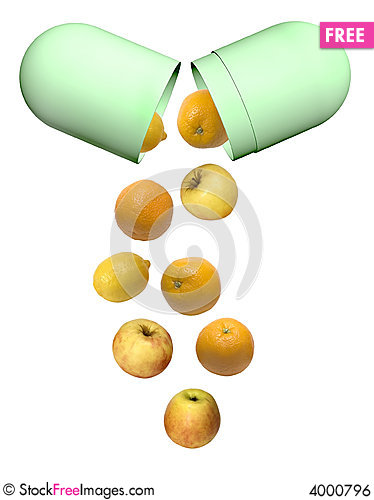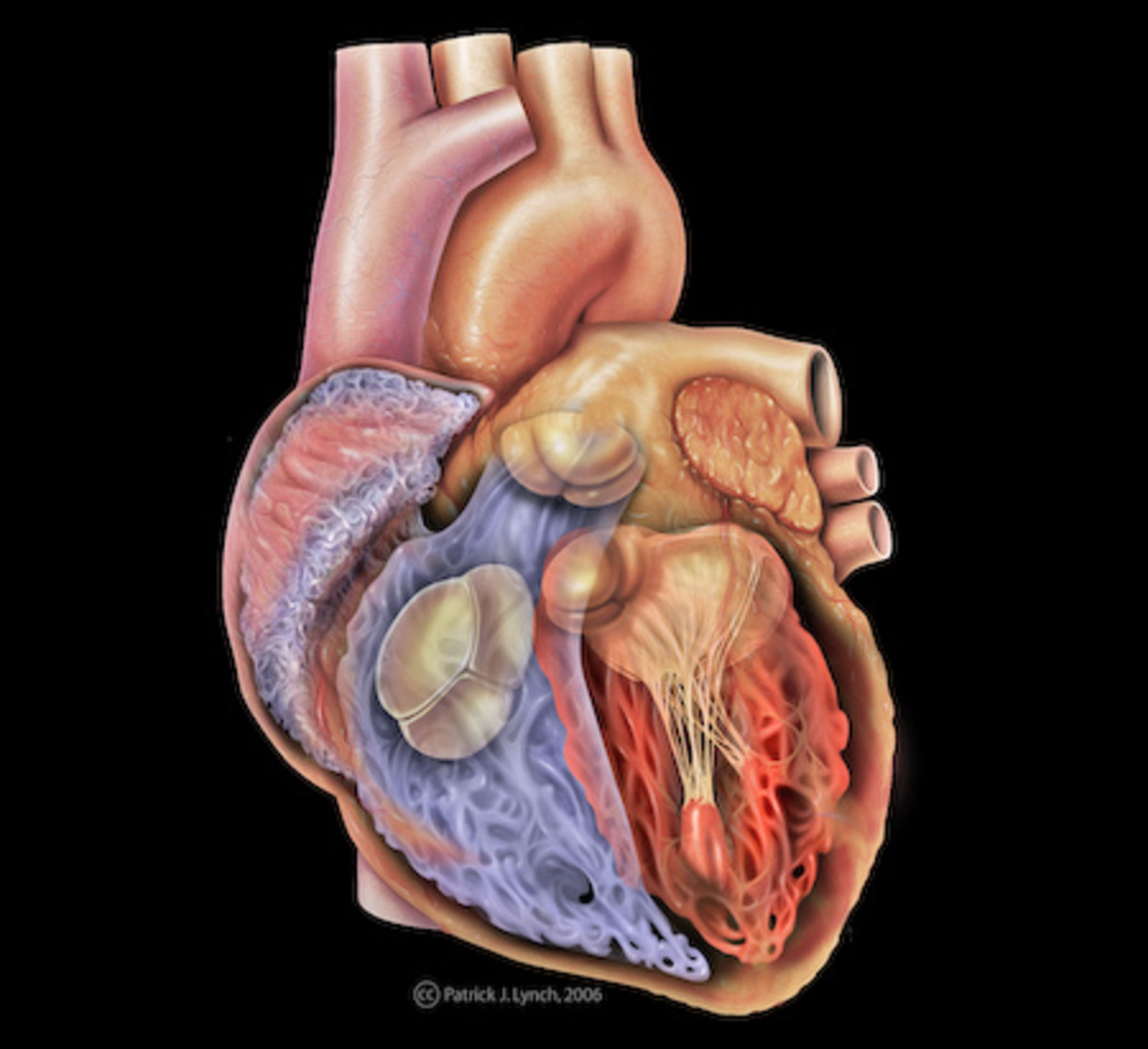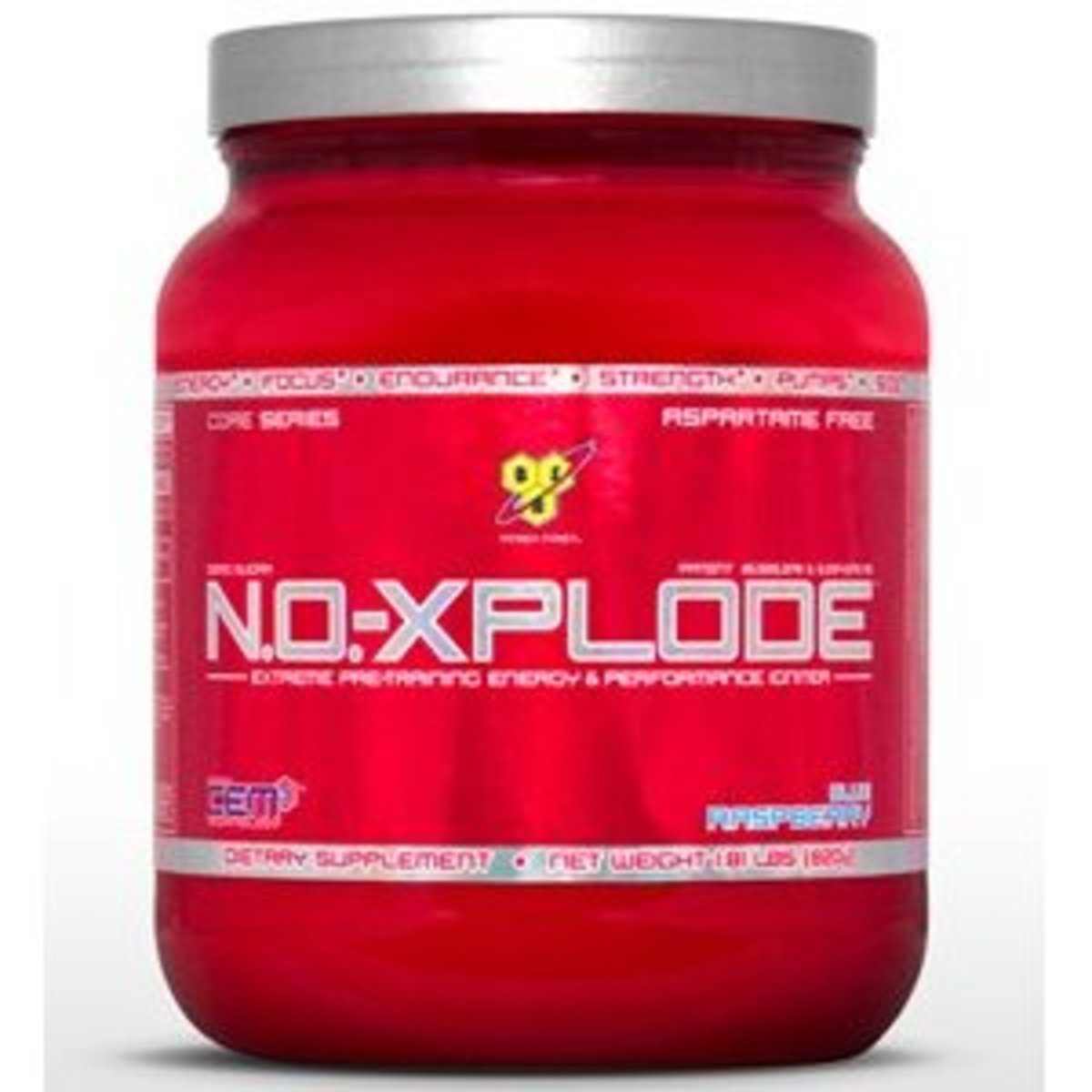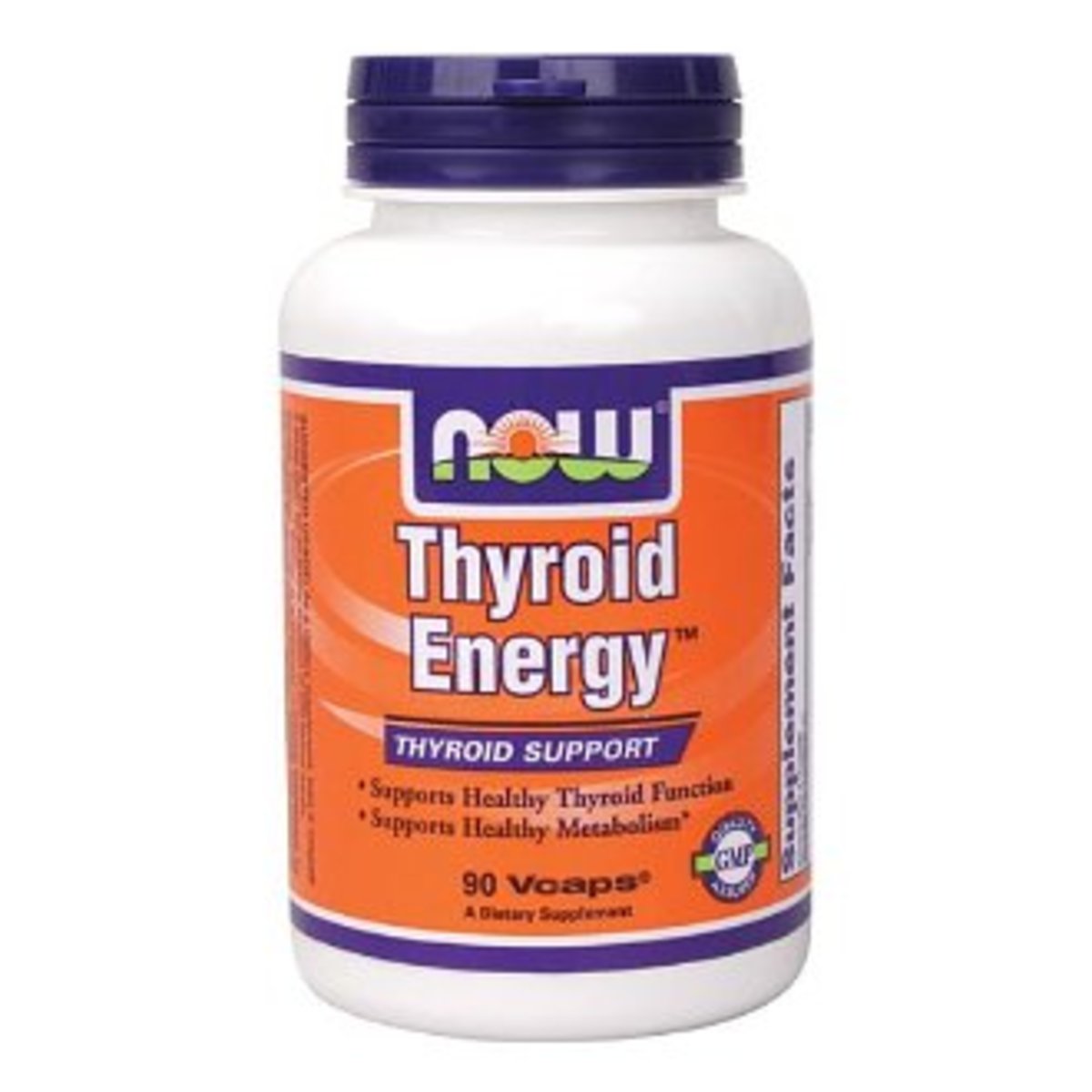Important Vitamin and Nutrition Facts

Why we lack vitamins from our food intake
Vitamin supplements are no substitute for a healthy diet; therefore it is best to get vitamins from eating a varied well balanced diet. We are not perfect when it comes to our healthful daily eating regime and it can be especially challenging to get the essential nutrients if you're dieting or if you avoid animal or dairy products. Food is a compound source of vitamins, minerals and phytochemicals (plant chemicals), which all work together. Yes, it’s ideal to get all the vitamins we need from eating food but the food grown today is lacking some nutrients as well. Plants on farms are grown mostly in depleted mineral soil (especially of selenium and zinc) due to agriculture pesticides and over use of the dirt and this also has an effect on the mineral constitution in fruits or vegetables grown in the ground compared to just 50 years ago. Often produce is being picked early and not allowed to ripen naturally on the trees, leaving fruit and vegetables even more nutrient deficient. Animals on most farms are given antibiotics and eat chemically sprayed grain verses natural grass and this also has an effect on the consumer eating this meat or dairy.
13 Interesting Facts about Vitamins
- There’s a prevalent belief that vitamin B12 deficiency is seen frequently among the vegetarians/vegans but this is not true. Nevertheless you need to know that low vitamin B12 levels in vegetarians/vegans with elevated homocysteine levels were linked to early death due Alzheimer’s disease and heart disease.
- If you purchase pasta with the clear cellophane window on the box or it’s packed in clear cellophane, it’s subject to lose the vitamin B nutrient.
- The Sun is a natural source of vitamin D; however its deficiency is quite common. Aim for 15-20 minutes at least 3 times weekly in the sun. Evidence suggests that the most effective time of day for vitamin D production is between 11am and 3pm. Sunlight is the key: Its ultraviolet B (UVB) energy converts the precursor to vitamin D3. People that have darker skin will need to spend longer time in the sun to produce the same amount of vitamin D, hence that’s why they have more deficiency. The larger the area of skin that is exposed to sunlight, the more chance there is of making enough vitamin D before you start to burn. On a hot summer day in the direct sun, it is actually conceivable to get 20,000 IU of vitamin D. Do not stress about getting an overdose from the sun because there is a self-correcting mechanism in the body that prevents it. The further you live from the equator, the longer exposure you need to the sun in order to generate vitamin D. The United Kingdom, Canada and most of America are far from the equator. Living in the city with smog also contributes to Vitamin D deficiency due to the smog soaking up the sun’s ultraviolet rays. You cannot get vitamin D inside a car or in your home by being next to a window. Did you know that the rays of natural sunlight that produce vitamin D in your skin cannot penetrate glass so you need to go outside to get it? Diet and supplements are the two other ways we get our D other than exposure to sunlight
- Vitamin B-6 is needed more if you are on a high protein diet.
- Do not store vitamins on your windowsill. Vitamins and mineral supplements need to be stored in a cool dark place for optimal potency
- Smoking robs your body of vitamin C. Did you know that just one cigarette destroys 25mg to 100mg. of vitamin C in your body?
- Do you remember your Mom telling you to eat your carrots so you can have good eyes? Well carrots have carotene which is a forerunner to the essential vitamin A. Night blindness and possibly a dry cornea results from a deficiency.
- Mushrooms, which are a common to put in a stir-fry and Asian cuisine, have rich amounts of B vitamins plus minerals, selenium, copper and potassium. They also contain natural antioxidants and Beta-glucans that are known to stimulate the immune system.
- Folic acid can prevent canker sores and aid in the delay of gray hair and promotes healthier skin. Folic acid is a vitamin that can prevent some birth defects as well.
- Vitamin E can give the assurances that the organs have all the oxygen they need. It reinforces capillary walls and rejuvenates blood. It prevents the blood platelets from clumping as well. Vitamin E promotes the circulation of blood to the scalp
- You can get the best origins of vitamins in consuming fresh, ripe fruits and vegetables, and minimally processed foods. Try to stay away as much as possible from food in a box which is normally heavily processed.
- Sweet potatoes have exceptional health benefits! They are full of vitamins A, C and E which are antioxidants that can help prevent cancer and heart disease plus support the immune system. They even slow aging by stimulating healthy skin and enhancing good vision. They have been just reclassified as an "antidiabetic" food. They are anti-inflammatory and can guard against emphysema.
- Most animals and plants can produce their own Vitamin C, however primates, fruit bats, guinea pigs and humans cannot make this vitamin on their own. Perhaps that’s why it’s imperative to eat your fruits and vegetables. Did you know Vitamin C is relatively abundant and can be found in most fruits and vegetables?

Supplement doesn't mean to replace
Remember, that research has indicated that most of the vitamins you need to get are from the foods you eat and these are far better than those contained in pills. Get the majority of your vitamins from a well balanced diet incorporating plenty of "alive" foods which means raw plant foods(fruits and veggies) that are full of vitamins and minerals plus where no processing occurred. Also if you supplement your diet with any kind of vitamin, just know that word supplement means “add an extra element or amount to.” If we did not consume sufficient amounts of vitamins our bodies will not be able to function correctly. Vitamins are responsible for making our cells strong, binding tissues, fighting infections, etc. Without vitamins our cells can’t work properly and then our organs would suffer. Eventually it’d be impossible to survive without giving the body essential nutrients. Vitamins help convert fat and carbohydrates into energy, regulate metabolism and assist in forming bone and tissue. In this day and time its immensely difficult to get optimal levels of key nutrients from diet alone, which is why you just might need vitamins and supplements for health. Make sure you consult with your doctor before implementing a vitamin routine because some medicines could have a negative reaction to the supplements you take.








